Demons in Paradise
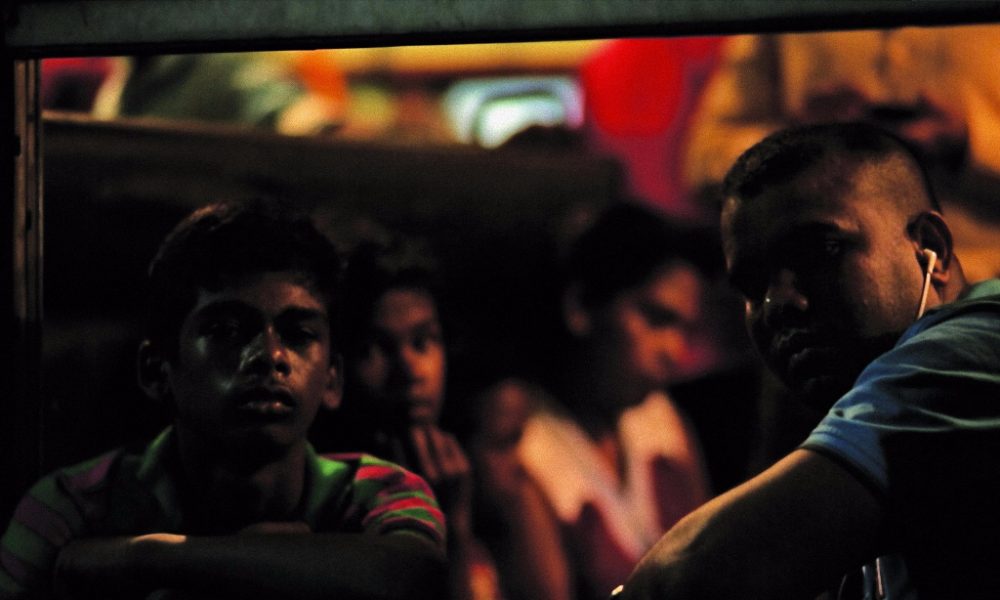
Tamil filmmaker Jude Ratnam’s personal look at the Sri Lankan civil war is a mixed bag. It’s first a worthy, emotive insight into a spiralling, internecine conflict containing a dizzying catalogue of participants. But it’s also a work that lacks cohesion where there should be control and Ratnam resorts to abstract musings in the narration that requires further precision. An often shaky camera is a distraction and the broad talk of humanity is unconvincing.
Ratnam weaves his family’s story into an analysis of the decades-long antagonism between the majority Sinhalese population and the Tamil Tigers. We are given a brief background of the war before focusing on Ratnam’s childhood. As a five-year-old he was caught up in the 1983 Colombo riots. His mother’s pleads for him not to reveal his tribal ethnicity while fleeing. This need for silence remains etched in his mind. As with many civil wars, this one is filtered through a country’s repressed collective memory. Atrocities are forgotten and convenient narratives materialise. Ratnam interviews members of various groups and the denominations within. Similar in ways to Joshua Oppenheimer’s The Act of Killing, this film asks participants to recreate moments from the height of the conflict. This is more a retread of steps than a dramatisation of killing, thankfully. Acts of horrific violence are recounted, usually with embarrassed smiles. The memory of inhumane acts produces strange effects. Madness is the other key motif. Some of Ratnam’s close family fall prey to insanity and witnesses of the terror – we are repeatedly told of men burnt alive while trapped in tyres – speak openly of their trauma. There is a peculiar scene near the end where Ratnam brings together former warring factions for a group discussion. It feels sloppily handled – we learn little bar the fact that tribes still lay the blame on each other. This is a war without heroes.
Any insight into such a senseless conflict must be welcomed, but Ratnam’s focus and pacing is untidy, invoking confusion rather than clarity. Perhaps puzzlement is the only apt response to terrorism on this scale. There are still powerful moments – one man tells of how friends protecting him were executed – but a more accomplished filmmaker may have structured these tales with greater coherence. With a straighter camera and a keener eye this documentary would be improved. A more sophisticated assessment is required.
Joseph Owen
Demons in Paradise does not have a UK release date yet.
Read more of our reviews and interviews from the festival here.
For further information about Cannes Film Festival 2017 visit here.
Watch the trailer for Demons in Paradise here:



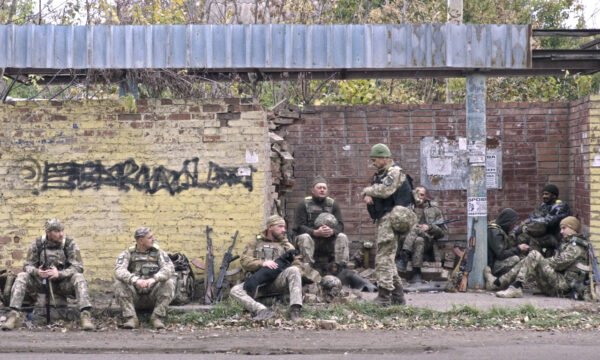

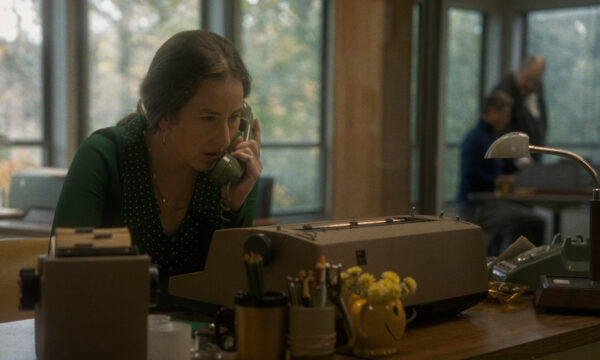



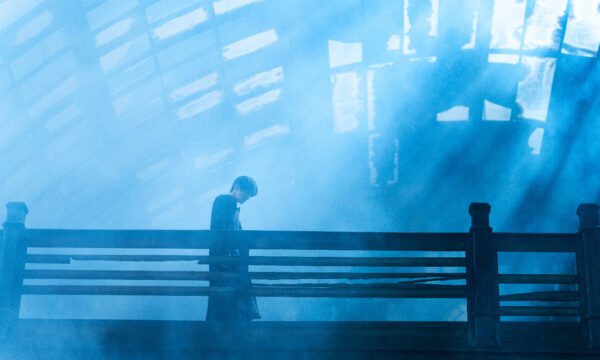
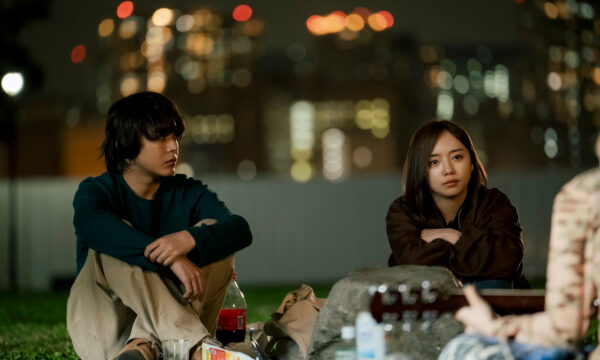















Facebook
Twitter
Instagram
YouTube
RSS